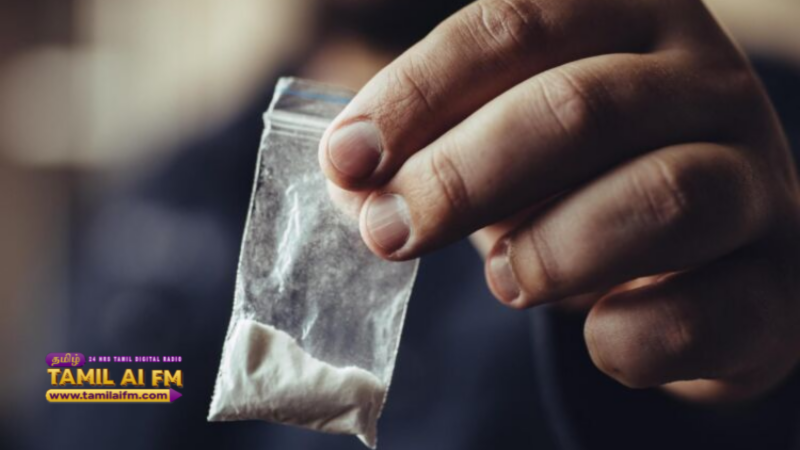PETALING JAYA — A 14-year-old was yesterday charged with murdering an older student in a Bandar Utama school here, raising questions about the legal protections and implications for a minor to be accused of such a grave crime.
While the charge made headlines nationwide, the teenager is not the first minor in Malaysia to land in the dock for a killing of another.
Here’s a quick look at how the law works.
1. Yes, there are restrictions on an order of imprisonment
Section 2 of the Child Act 2001 defines a “child” as a person below 18 years old; and in criminal proceedings, someone who has attained the age of criminal responsibility (age 10 above) under the Penal Code.
Under Section 96(1)(a), people under age 14 cannot be sentenced to imprisonment for any offence, even if they fail to pay a fine or compensation.
For those aged 14 and above, Section 96(1)(b) states that imprisonment should only be used as a last resort if the child cannot be dealt with by other means, such as probation, fines, or committal to an approved school or the Henry Gurney School, which is a rehabilitation school for juvenile offenders.
If imprisonment is ordered, Section 96(3) prohibits housing child offenders together with adult prisoners.
2. The same goes for the death penalty
The law explicitly forbids sentencing a child to death.
While the accused child in the Bandar Utama (BU) school murder has yet to be tried and convicted, the question has definitely come up.
What happens if a minor is found guilty and convicted of a serious offence such as murder, which was punishable with a mandatory death penalty until it was amended a few years back to allow the judge to make a discretionary ruling.
Can children be sentenced to death or do they serve an indefinite term in detention?
Under Section 97(1) of the Child Act, a death sentence “shall not be pronounced” on anyone who was a child at the time of committing the offence.
Instead, Section 97(2) provides that they will be detained “at the pleasure” of the Yang di-Pertuan Agong (for offences in the Federal Territories) or the State Ruler/Yang di-Pertua Negeri (for offences committed in the states).
For example, if a child is convicted of murder in Selangor, detention will be at the pleasure of the Sultan of Selangor.
3. So, is it indefinite prison time for a child offender then?
Not quite so. Section 97(4)(a) and (b) states that the Board of Visiting Justices (or Judges) must review the detainee’s case at least once a year and may advise the Yang di-Pertuan Agong (for offences in the Federal Territories) or the State Ruler/Yang di-Pertua Negeri (for offences committed in the states) on whether to release or continue detaining the person.







